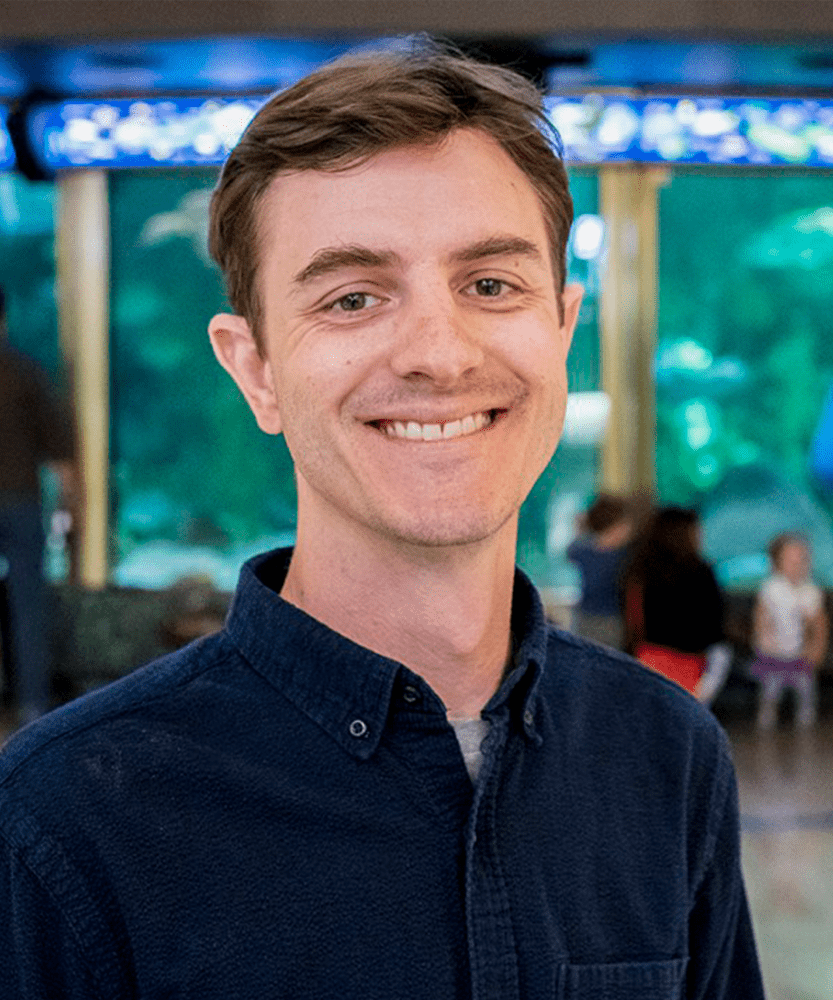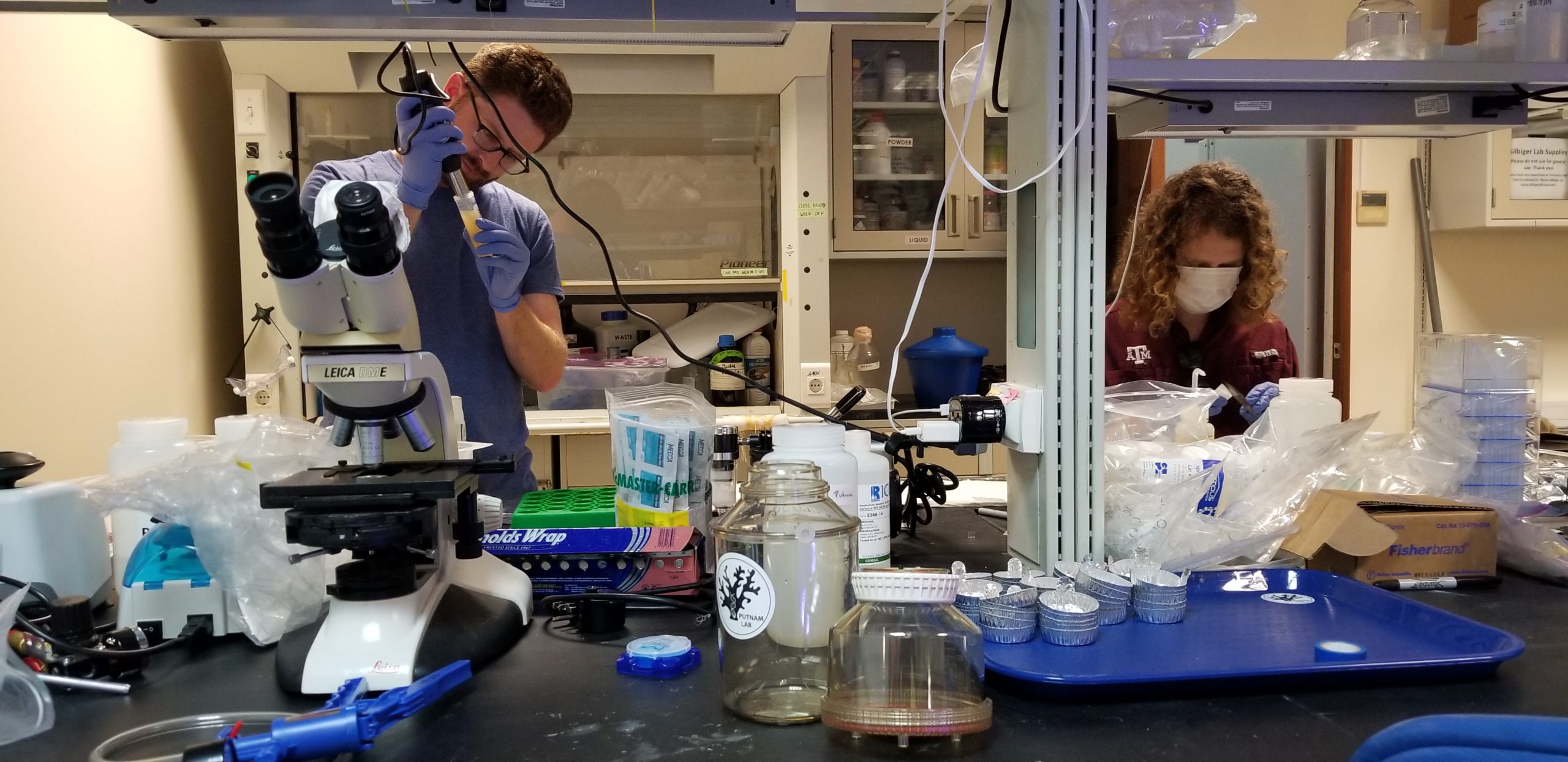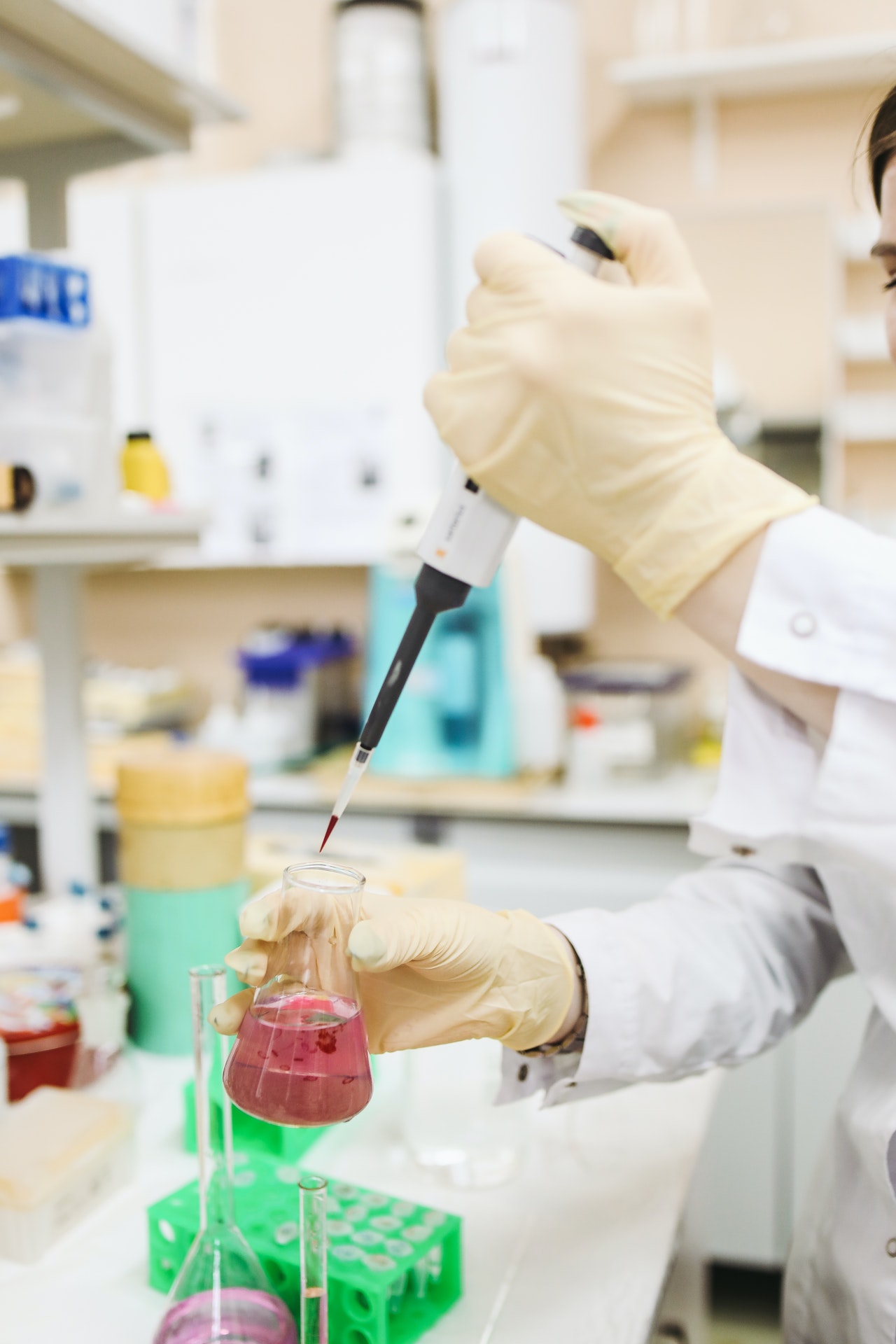Dr. Cunning started at the John G. Shedd Aquarium in 2018 after working extensively at the University of Miami and the Hawaiʻi Institute of Marine Biology. His research has been focused on quantitative analyses of coral symbioses ranging from genetic identification to gene expression, genomics, and bioenergetic modeling.
Dr. Ross Cunning is a Research Biologist in the Daniel P. Haerther Center for Conservation and Research at the John G. Shedd Aquarium (Chicago, IL).
At Shedd, Cunning leads a broad program on coral reef conservation research involving extensive fieldwork on the R/V Coral Reef II, molecular genetic work in Shedd’s microbial ecology lab, and engagement with the aquarium’s large and diverse audiences.
Within E5 Coral, Dr. Cunning bridges empirical and theoretical.
As part of the E5 Coral team, Cunning bridges the empirical and theoretical components of the project. He has developed dynamic bioenergetic models for coral-algal symbioses.
Dr. Cunning works closely with the UCSB team to further expand these models to integrate epigenetic processes and the wealth of empirical data generated on the ground in Mo’orea.
Cunning's Team Working at E5 Coral

Frank Oliaro
Frank Oliaro oversees analysis, protocols and training for Shedd’s Microbiome Project laboratory.
Dr. Cunning studies coral reefs to understand how to sustain reef ecosystems in the face of a changing climate.

Cunning’s cutting-edge research has made him an expert in the relationship between corals and their symbiotic algae, which provide corals with food and give them their color. The breakdown of this vital relationship, known as coral bleaching, occurs when ocean waters are too warm. Coral bleaching is one of the leading causes of reef decline around the world.
Between his fieldwork in the Bahamas and his molecular work in the aquarium’s Microbiome Lab, Cunning’s objective is to identify genetic and ecological factors that promote tolerance to increasing temperatures in corals and their symbiotic algae. His findings will help reveal how some corals may be able to resist or adapt to climate change and will be applied to improving coral reef restoration techniques.



